
This autumn the Dutch journal for midwives Tijdschrift voor Verloskundigen published a paper on the risk associated with thinking in terms of risks [1]. Dr. Marianne J Nieuwenhuijze is the lead author of this paper written in Dutch. Marianne is associated with the Research Centre Midwifery Science at the Academie Verloskunde Maastricht (the Netherlands). Her co-authors are BU Professor Edwin van Teijlingen in the Centre for Midwifery, Maternal & Perinatal Health (CMMPH) and Dr. Helen Bryers who is Honorary Public Health Specialist (Midwife) at NHS Highland. The paper builds on earlier work around the concept of the social/medical model in pregnancy and childbirth [2-7].
References:
- Nieuwenhuijze, M., van Teijlingen, E., Mackenzie-Bryers, H. (2019) In risiko’s denken is niety zonder risiko (In Dutch: Thinking in terms of risk, it not with its risk). Tijdschrift voor Verloskundigen (in Dutch: Journal for Midwives), 43 (4): 6-9.
- Brailey, S., Luyben, A., Firth, L., van Teijlingen, E. (2017) Women, midwives and a medical model of maternity care in Switzerland, Int J Childbirth 7(3): 117-125.
- van Teijlingen, E. (2017) The medical and social model of childbirth, Kontakt 19 (2): e73-e74
- MacKenzie Bryers H., van Teijlingen, E. (2010) Risk, Theory, Social & Medical Models: critical analysis of the concept of risk in maternity care, Midwifery 26(5): 488-496.
- Ireland, J., van Teijlingen, E. (2013) Normal birth: social-medical model, Practising Midwife 16 (11): 17-20.
- van Teijlingen E. (2005) A critical analysis of the medical model as used in the study of pregnancy and childbirth, Sociol Res Online, 10 (2) Web address: http://www.socresonline.org.uk/10/2/teijlingen.html
- Luce, A., Cash, M., Hundley, V., Cheyne, H., van Teijlingen, E., Angell, C. (2016) “Is it realistic?” the portrayal of pregnancy and childbirth in the media BMC Pregnancy & Childbirth 16: 40 http://bmcpregnancychildbirth.biomedcentral.com/articles/10.1186/s12884-016-0827-x


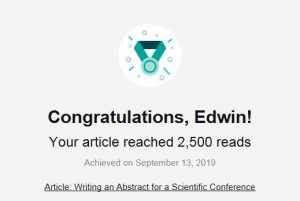



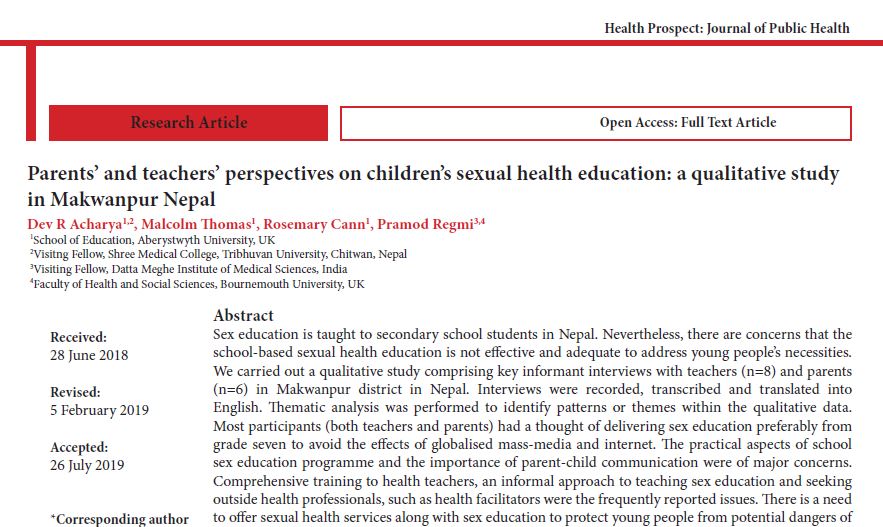

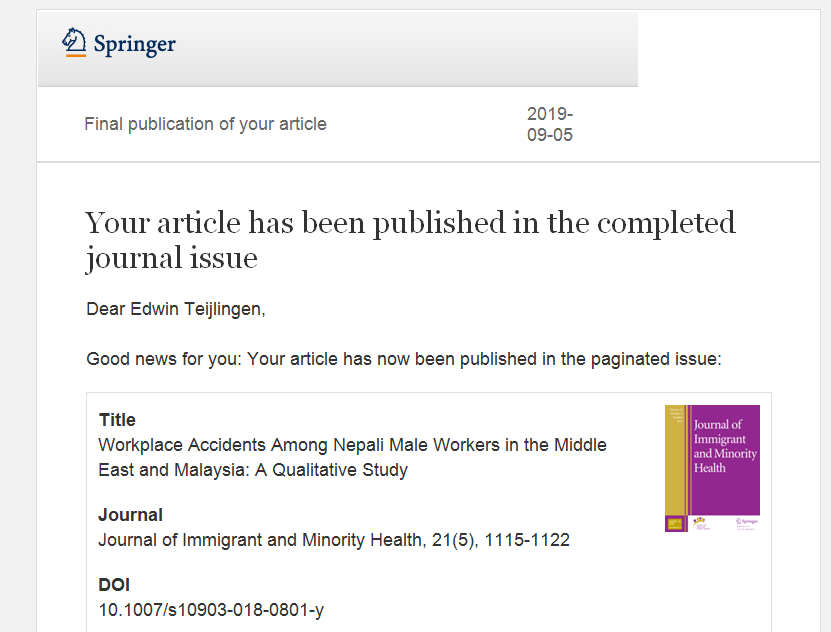



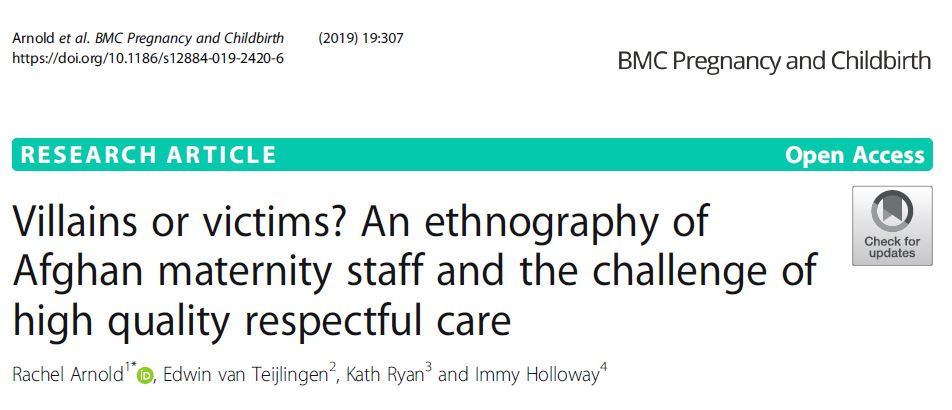


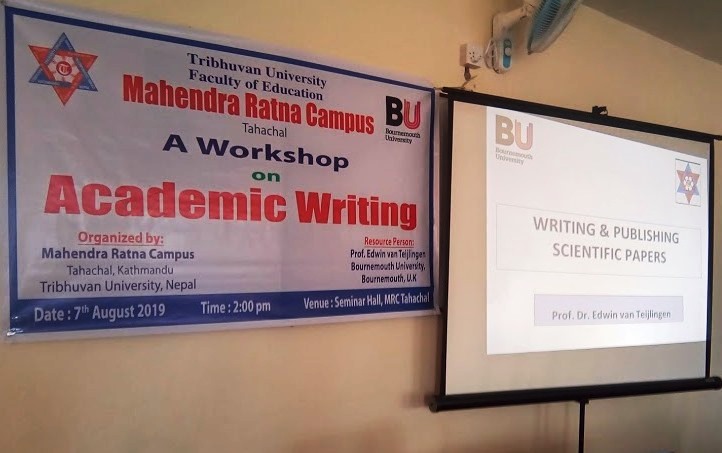












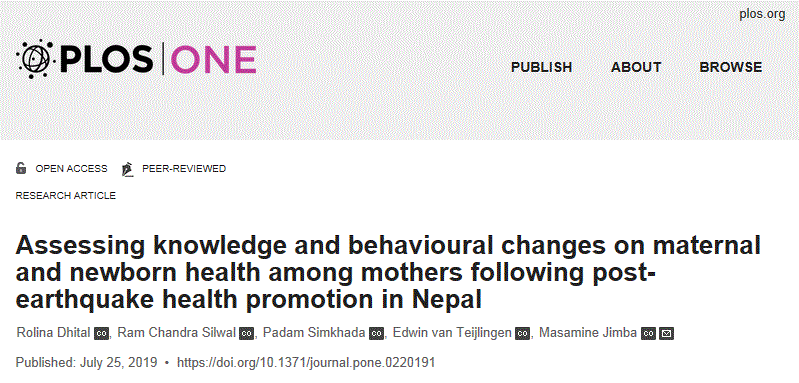




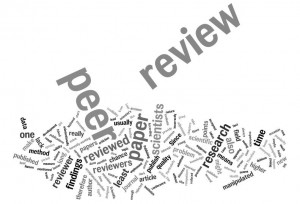
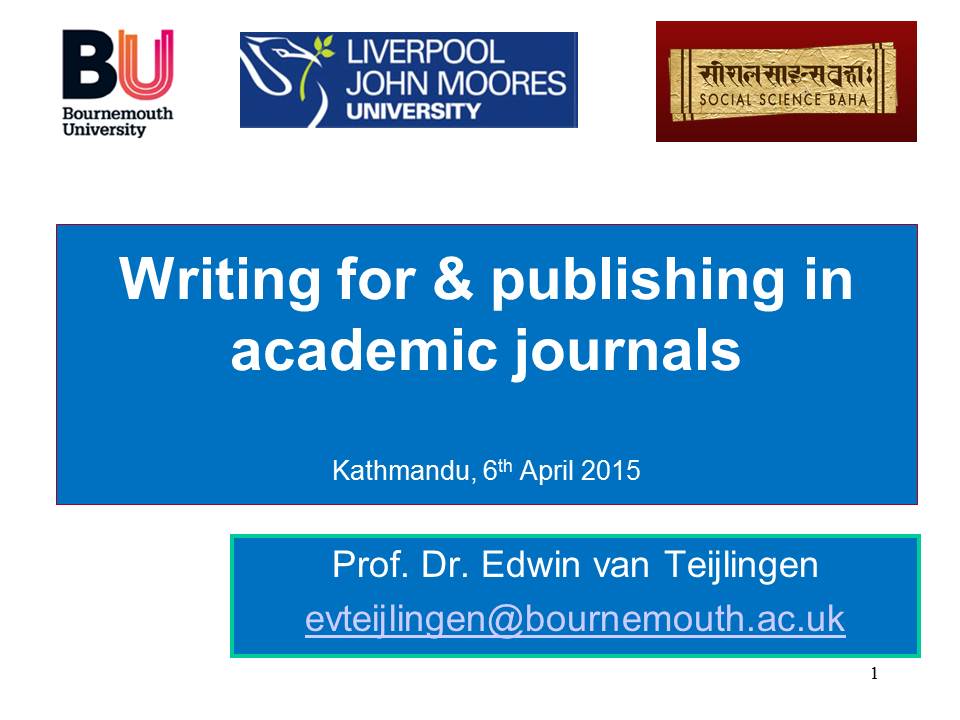












 REF Code of Practice consultation is open!
REF Code of Practice consultation is open! BU Leads AI-Driven Work Package in EU Horizon SUSHEAS Project
BU Leads AI-Driven Work Package in EU Horizon SUSHEAS Project Evidence Synthesis Centre open at Kathmandu University
Evidence Synthesis Centre open at Kathmandu University Expand Your Impact: Collaboration and Networking Workshops for Researchers
Expand Your Impact: Collaboration and Networking Workshops for Researchers ECR Funding Open Call: Research Culture & Community Grant – Apply now
ECR Funding Open Call: Research Culture & Community Grant – Apply now ECR Funding Open Call: Research Culture & Community Grant – Application Deadline Friday 12 December
ECR Funding Open Call: Research Culture & Community Grant – Application Deadline Friday 12 December MSCA Postdoctoral Fellowships 2025 Call
MSCA Postdoctoral Fellowships 2025 Call ERC Advanced Grant 2025 Webinar
ERC Advanced Grant 2025 Webinar Update on UKRO services
Update on UKRO services European research project exploring use of ‘virtual twins’ to better manage metabolic associated fatty liver disease
European research project exploring use of ‘virtual twins’ to better manage metabolic associated fatty liver disease